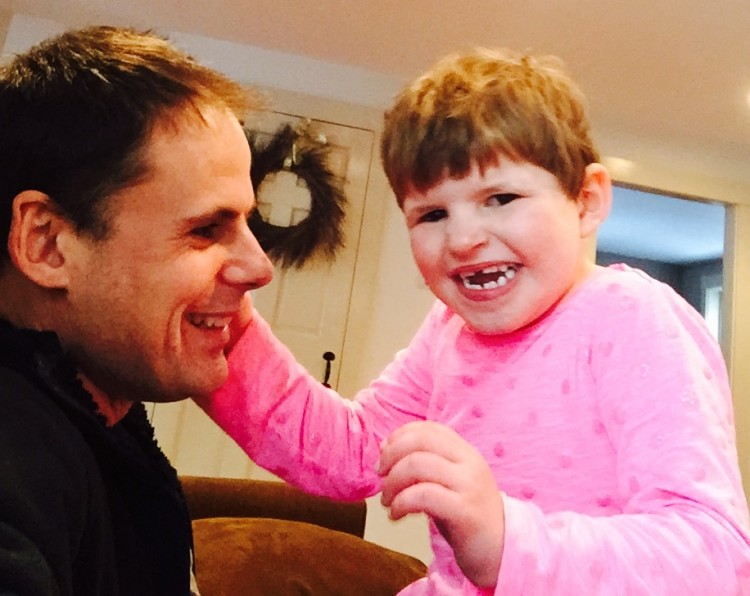I Have a Question for the Person Evaluating My Child With Special Needs
When I was in school, I used to love me some multiple choice. I mean, how easy can it get? The answer was in the question! So much faster than working out my own answer.
Now, though, I hate multiple choice tests. Actually, “hate” is not the right word; I loathe them — with the fire of a thousand suns. I think I feel this way for the same reason I used to love them: the answer is in the question, and it isn’t necessary to go any deeper to fashion a more meaningful or complete response.
I’m not in school anymore, but still I take these tests at least once a year, sometimes more often. The tests are evaluations to see whether my 5-year-old daughter, Tess, qualifies for things like extra support or state funding. They’re always aloud, and the questions look like this:
Can the child find hidden objects?
Does the child respond to her own name?
Will the child brush her teeth after meals?
This week I took one of these tests with one of Tess’s service providers, someone I’ll call Betty. She knew Tess, having met her several times, but during the test it didn’t feel like she did. Some examples of our Q&A:
Betty: Can Tess proceed with caution in a dangerous area, like a busy road? (a) always (b) sometimes (c) rarely or (d) never
Me: Tess can’t walk, so she’s either in someone’s arms or her stroller. She’s never on her own anywhere near a busy road.
Betty: Soooo sometimes?
Betty: Does Tess argue with peers, at school or in her neighborhood? (a) always (b) sometimes (c) rarely or (d) never
Me: She’s almost entirely nonverbal, and she only recently started to notice her peers, let alone interact with them.
Betty: Does Tess become anxious when we change our plans at the last minute? (a) always (b) sometimes (c) rarely or (d) never
Me: How would we know?
My least favorite question was this one:
Does she have (a) lots of friends, (b) a few friends or (c) no friends?
Really, Betty? Can you grasp, for a second, the chasm of difference between (b) and (c)? Do you know what that looks like for Tess and what it feels like for me to have to answer (c)?
I know it’s (c) for Tess. I do. I’ve known for a while. But it’s something else to say it out loud. This is what it means, Betty: Tess’s playdate calendar for this month is completely empty. Next month is the same.
Betty, I get it. I know why your eval is multiple choice. It’s not your fault. You’re doing your job, and you don’t have time to do a full-on interview or an eight-hour observation of Tess at home and at school. You do it because (a), (b) and (c) streamline the process in a big way.
It doesn’t have to be like this, though. There’s a new dawn. Other providers evaluate Tess, setting goals and such, but they do it in ways that celebrate what she can do. Can. Do. They ask me to look at her community and talk about the people she knows, and I tell them how much she enjoys pulling on my friend, Elliot’s beard. They want to know ways to keep her safe and happy, just like you do, but they ask me her favorite songs, like James Brown’s “Get on the Good Foot,” and I explain how much she likes to dance, especially the part when you dip her.
Have you considered, Betty, that it might be truly uncool of you to reduce Tess’s entire life to this onslaught of questions, this relentless accounting of what she cannot do and how she is leagues behind almost everyone else her age? Can you envision how a parent might not be thrilled to talk about their kid using your how-was-our-service format? Has anyone in your organization noticed that for about the last half of the test, parents develop a 1,000-yard stare and begin to numbly answer “sometimes” for every question?
Betty, have you thought — I mean really thought — about the fact that Tess is a person?

